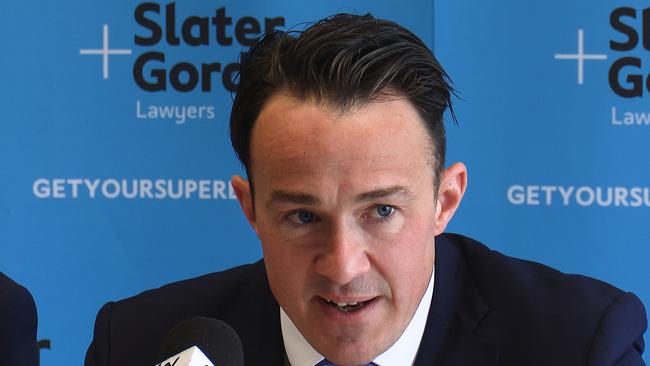Aussie legal firm mulls suit against search engine behemoth over alleged anticompetitive behaviour
Tech giant Google is under investigation by Australian law firm Slater and Gordon over allegations of anticompetitive behaviour in the local advertising market.

Google faces a potential class action from Australian businesses, as Slater and Gordon investigates alleged anticompetitive behaviour in the local advertising market.
The law firm’s action comes after US District Judge Leonie Brinkema last month ruled Google created an illegal advertising monopoly, “depriving rivals of the ability to compete”.
The US Justice Department wants to break up Google, forcing it to sell its AdX business, which is a marketplace where advertisers and publishers can buy and sell ad inventory.
Slater and Gordon class actions boss Ben Hardwick said that for the average small or medium Australian business there was little alternative to Google, and no room to challenge the fees Google charges.

He said that as a result, sellers virtually had no choice but to use Google’s advertising services, “spending thousands of dollars a month”, while also paying Google a “significant commission” on every piece of online ad space that they bought.
“Across the world, we have seen action being taken against Google for its conduct in advertising. In particular, Google has been found in the US to have illegally acquired and maintained a monopoly in online advertising,” Mr Hardwick said.
“Google’s power in the ad tech industry is so extensive that the vast majority of ads you see online – whether on websites or in search results – will have gone through one of Google’s platforms, allowing Google to extract its high fees and earn millions from
Australian businesses.
“Google’s dominance in online advertising means that Australian businesses have little choice but to bow to Google’s demands to keep their businesses running. This is allowing Google to charge a much higher fee (called the ‘take rate’) than they otherwise would have been able to in a properly competitive market.”
Mr Hardwick said many of these Australian businesses were start-ups or small to medium enterprise, which were the “job-creating lifeblood of Australia’s economy who have little choice but to operate and advertise online”.
“With their profit margins already cut to the bone, these high fees are adding to the cost of doing business,” he said.
Mr Hardwick said businesses had “little control or insight” into how their advertising campaigns were performing, how their ads were sold and how Google took its fees.
AirTasker founder and chief executive Tim Fung earlier this year criticised Google and Facebook owner Meta’s dominance of online advertising, saying they were “taxing businesses”.
What’s more, he said artificial intelligence was muddying the return on investment for those who continue to use Google and Meta, given they own the analytics businesses used to measure engagement, which Mr Fung described as “marking your own homework”.
“As AI has come to the fore, there’s so much pressure on a lot of these digital performance marketing channels like Google. Google used to be the go-to place to advertise but now that game has completely changed,” Mr Fung said.
“Brands are looking more and more towards being able to tell their own story, rather than relying on Google.”
Slater and Gordon invited people who have advertised on Google or used its advertising technology in the past six years to participate in the investigation.






To join the conversation, please log in. Don't have an account? Register
Join the conversation, you are commenting as Logout